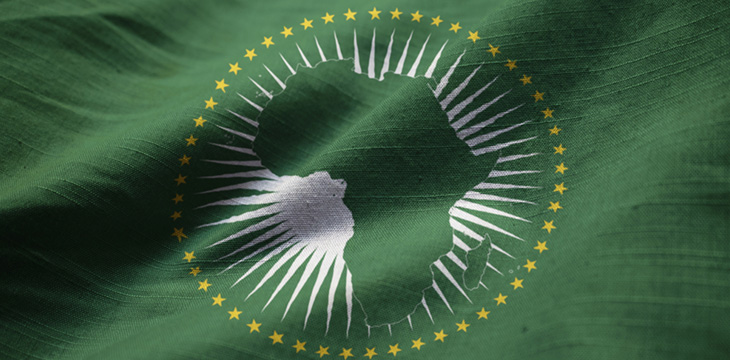|
Getting your Trinity Audio player ready...
|
The African Union has launched its new continental artificial intelligence (AI) strategy, which seeks to leverage AI to drive socio-economic transformation.
Known as the African Union (AU) Continental AI Strategy, it was endorsed by the continent’s ICT ministers in June and adopted by the AU’s Executive Council a month later. However, the official document was only published on August 9.
The AU says AI can “stimulate economic growth, create new industries, drive innovation, generate employment opportunities, generate new businesses for women and youth, and support the preservation of Africa’s cultural heritage.”
It also believes that technology can help solve some of Africa’s most urgent challenges in sectors such as agriculture—an industry that employs 70% of the region’s workforce—education, finance, healthcare, public services delivery, and more.
A separate report by AI4D Africa estimates that AI can add $2.9 trillion to Africa’s economy by 2030.
AI is quickly rising in Africa. According to Stanford’s AI Index Report, Kenya ranks second globally for the share of the populace aware of ChatGPT, only behind India. 27% of Kenyans also reported using the chatbot daily, which is the third-highest globally.
African nations are already leveraging AI to offer better services. In Morocco, the judiciary is using the technology to transcribe rulings, conduct research and assist in any other manual and tedious process. In Togo, the government is using AI to identify and target the poorest regions for the distribution of social funds.
Agriculture dominates AI usage in Africa at 49%, with climate action and energy accounting for 26% and 24%, respectively, according to a GSMA report from last month.
While it holds great promise, AI comes with its challenges. The first is a lack of capacity to leverage the technology due to inadequate training for the region’s workforce. One study by the Oxford Martin School found that 85% of Ethiopia’s workforce could have their jobs replaced or degraded by AI automation, the highest ratio globally. Other bigger economies like Nigeria and South Africa also rank highly on this scale, both at over 65%.
Yet another major roadblock is the need for a regional regulatory framework. While most countries have some laws touching on AI, regional coordination has been minimal. This cuts down on regional AI initiatives and makes it costlier for companies that want to launch Africa-wide solutions, as they must comply with new laws in every jurisdiction.
Still, the AU believes that Africa, with its vastly growing young and tech-savvy population and the rise of smartphone and internet penetration, is well positioned to leverage AI to achieve its sustainable development goals.
In order for artificial intelligence (AI) to work right within the law and thrive in the face of growing challenges, it needs to integrate an enterprise blockchain system that ensures data input quality and ownership—allowing it to keep data safe while also guaranteeing the immutability of data. Check out CoinGeek’s coverage on this emerging tech to learn more why Enterprise blockchain will be the backbone of AI.
Watch: Emerging Technology In Africa with Becky Liggero

 02-18-2026
02-18-2026 




